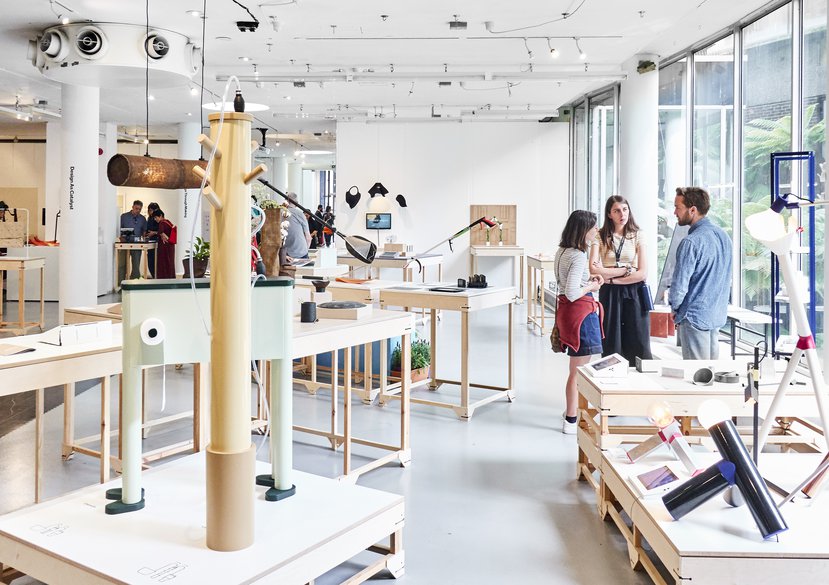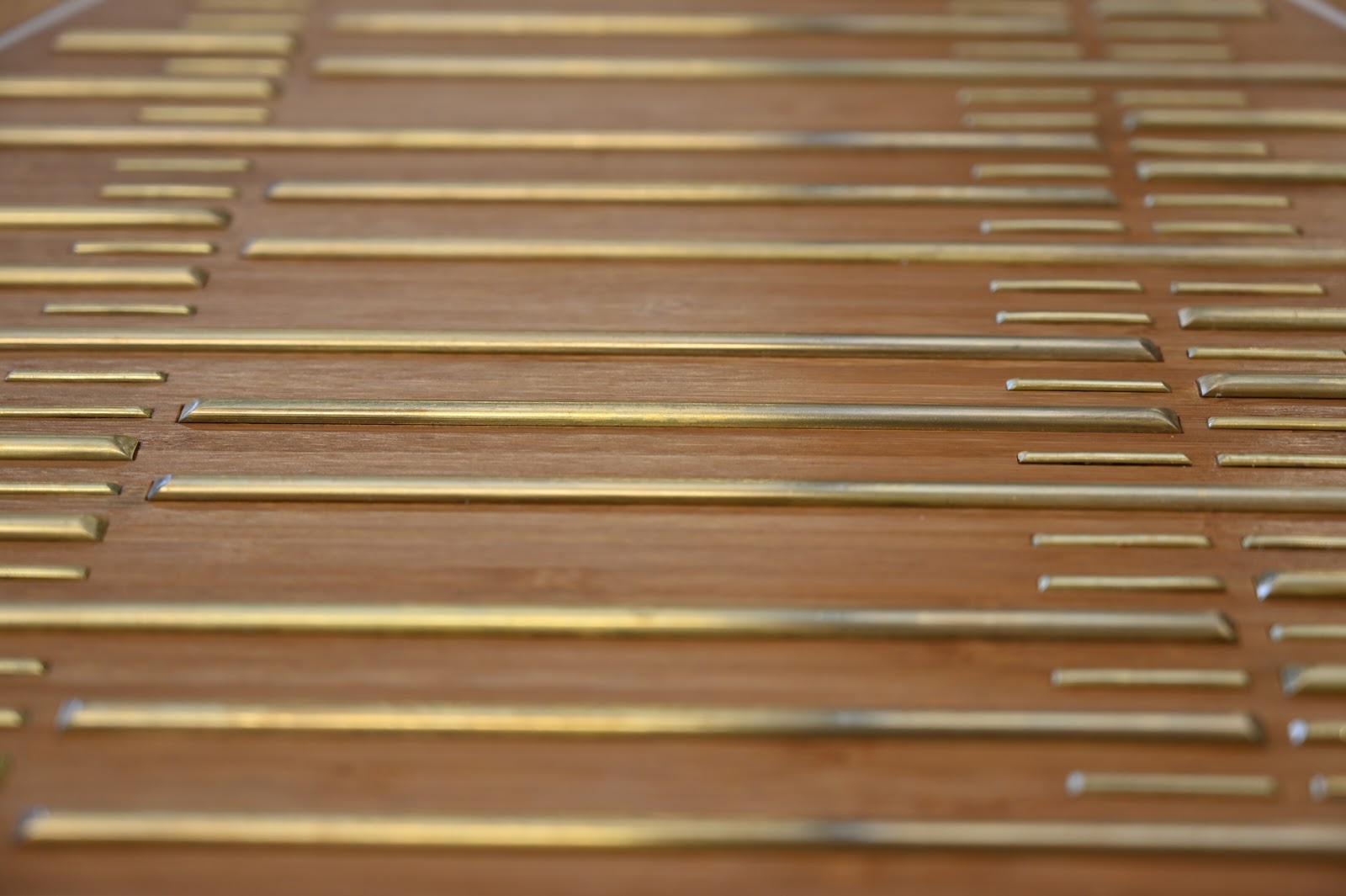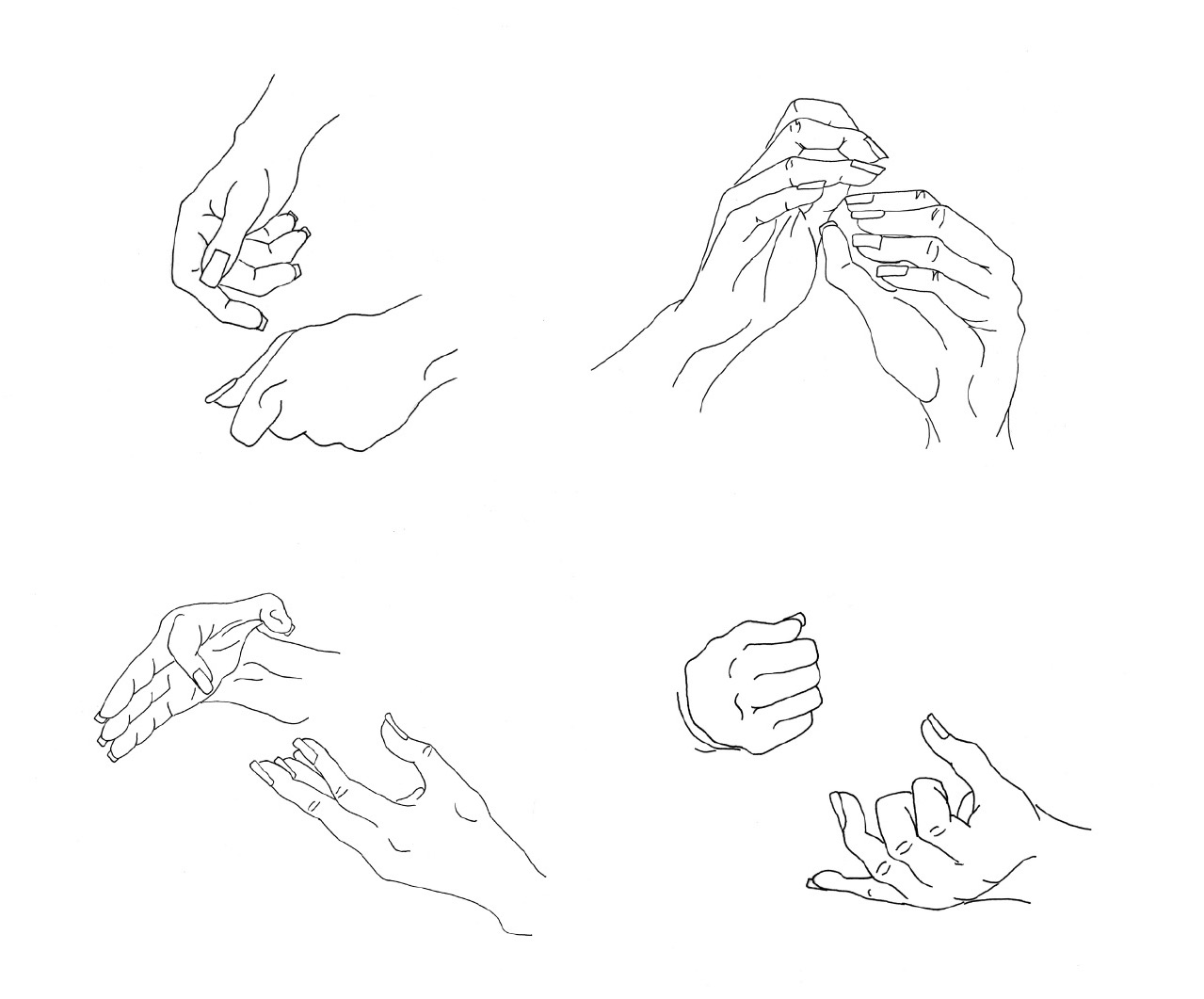Tangibility and Richness in Digital Musical Instrument Design | Doctoral Thesis
Musical ideas are prisoners, more than one might believe, of musical devices. — Pierre Schaeffer, 1977
I completed my doctorate in 2018 as part of the Augmented Instruments Lab at Queen Mary University supervised by Andrew McPherson.
Touch and design
My thesis focused on the sense of touch and ideas of tangibility in the design of digital musical instruments with the aim of informing design practices.
The sense of touch plays a fundamental role in musical performance: alongside hearing, it is the primary sensory modality used when interacting with musical instruments. Learning to play a musical instrument is one of the most developed haptic cultural practices, and within acoustic musical practice at large, the importance of touch and its close relationship to virtuosity and expression is well recognised.
With digital musical instruments – instruments involving a combination of sensors and a digital sound engine – touch-mediated interaction remains the foremost means of control, but the interfaces of such instruments do not yet engage with the full spectrum of sensorimotor capabilities of a performer. This poses compelling questions for digital instrument design: how does the nuance and richness of physical interaction with an instrument manifest itself in the digital domain? Which design parameters are most important for haptic experience, and how do these parameters affect musical performance?
As part of this research I designed new musical instruments to investigate different aspects of touch in digital musical instrument performance.
You can find my thesis and other publications here.



